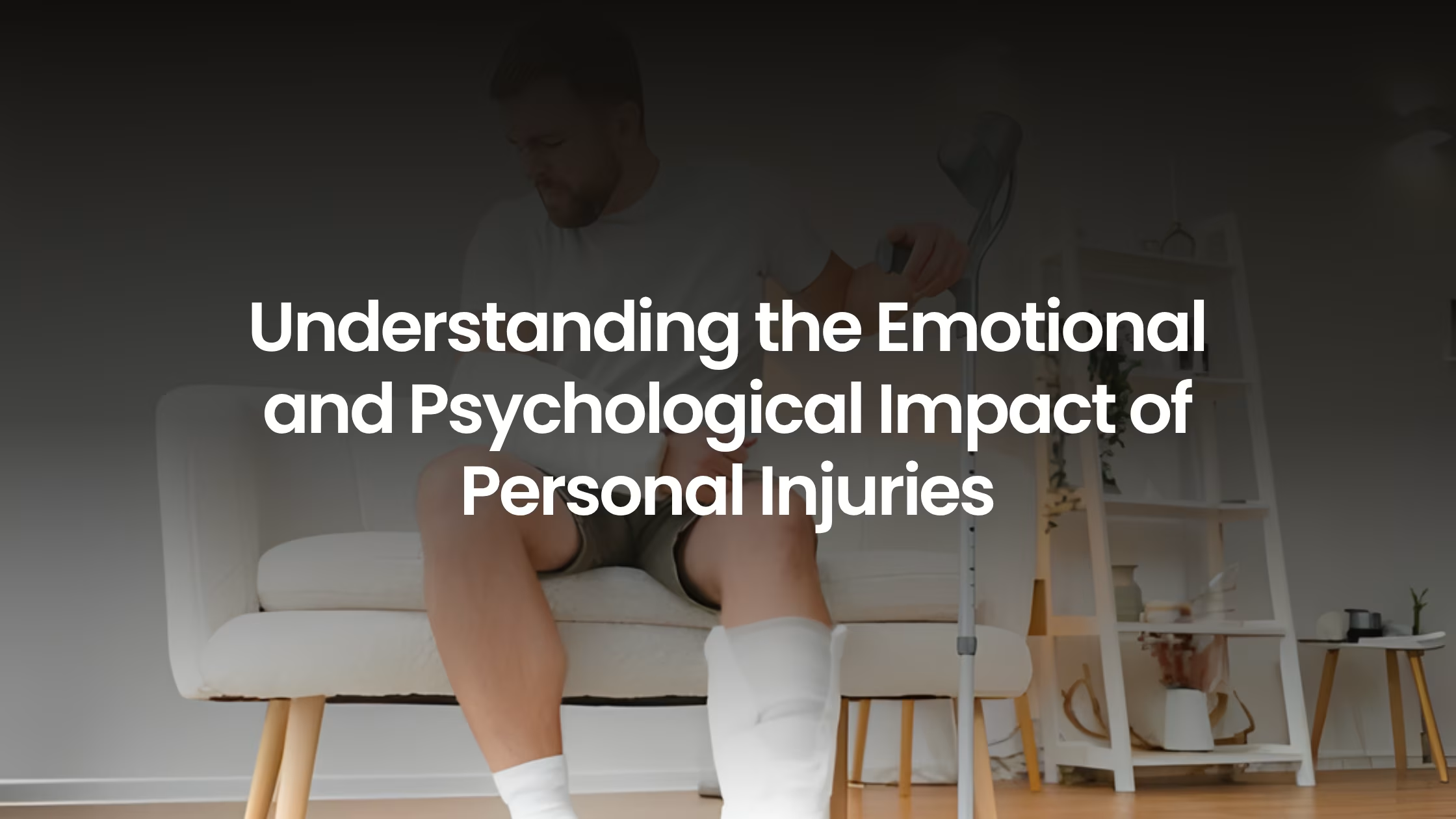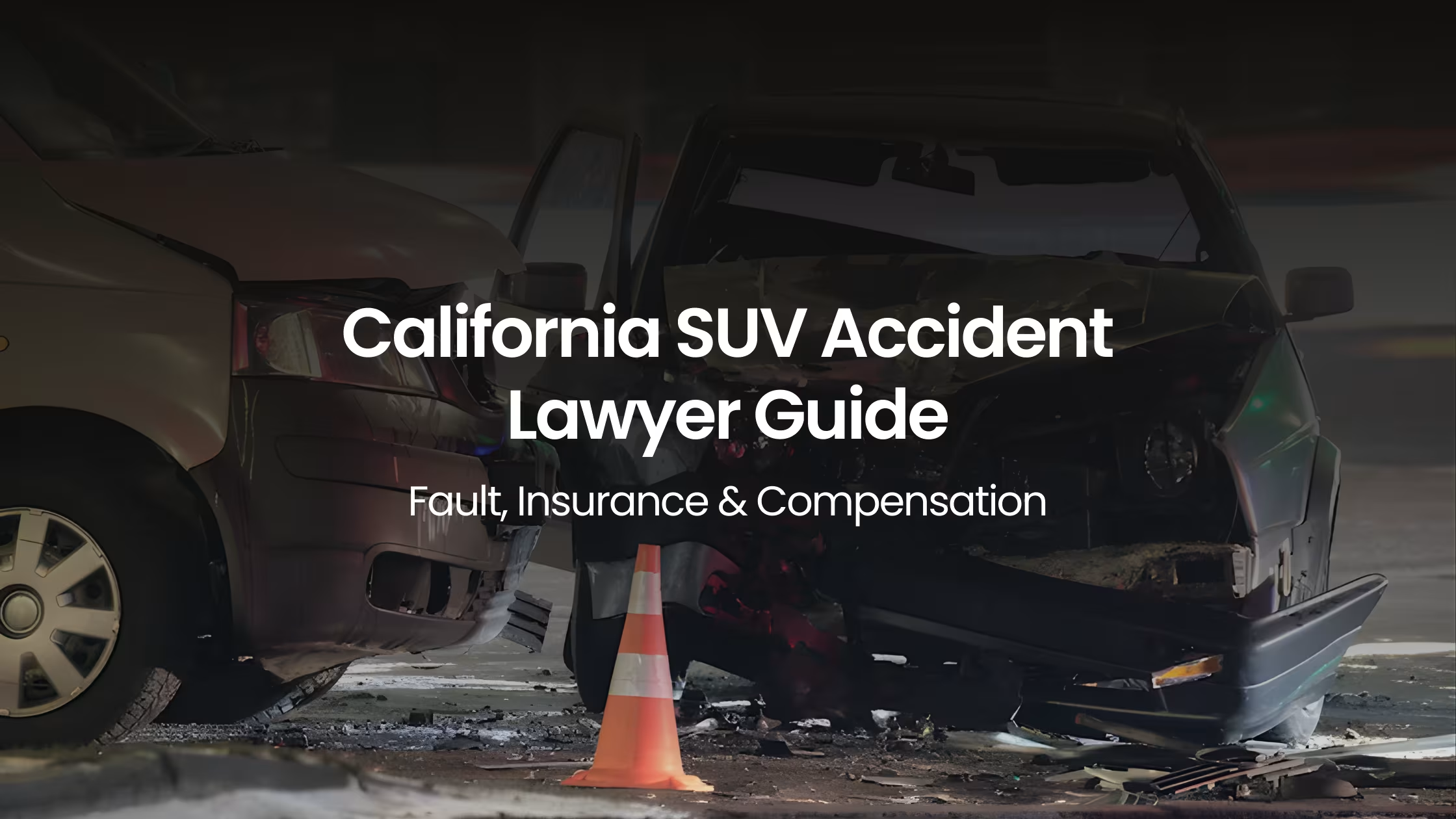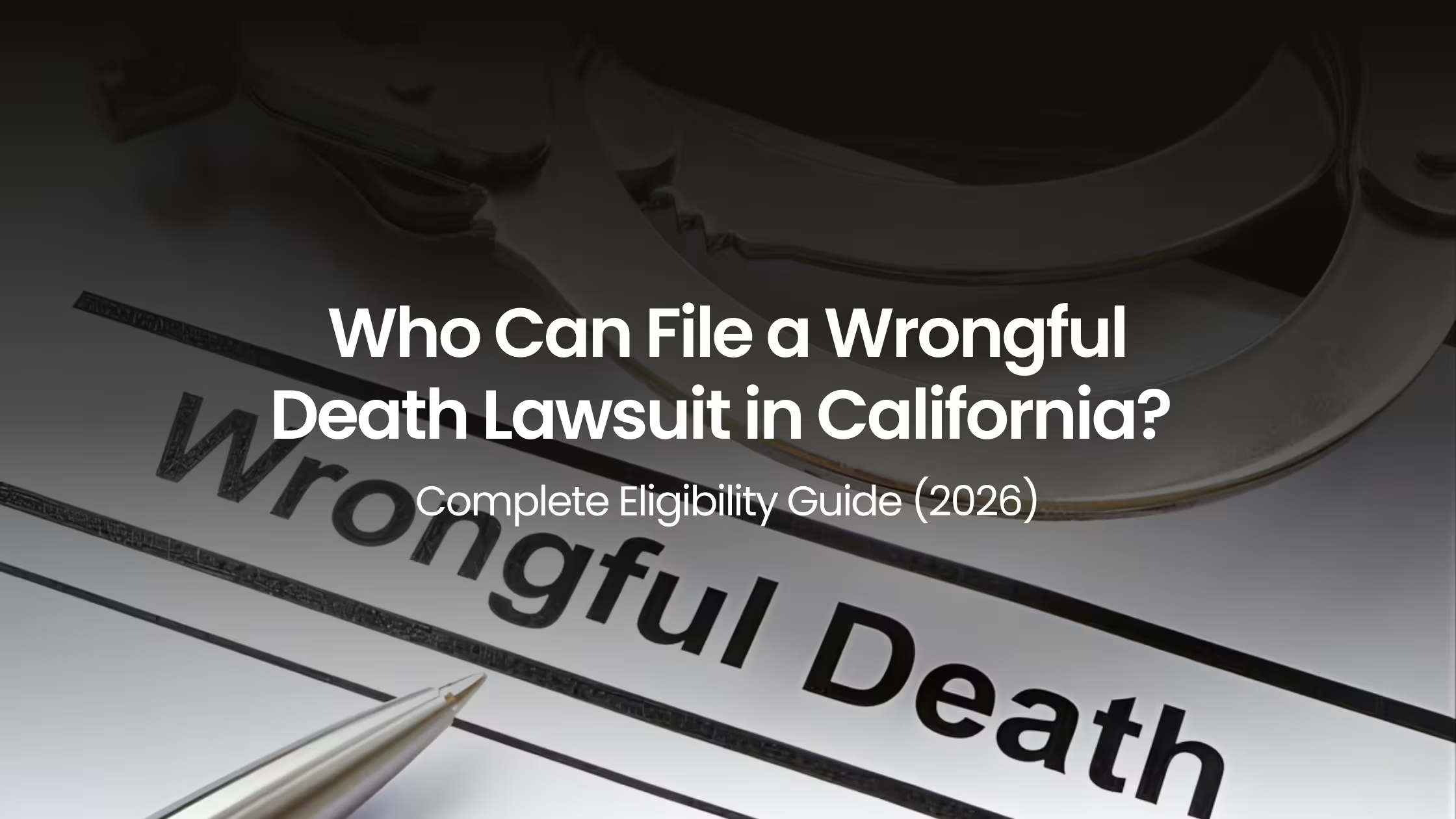Personal injuries are not only physical experiences, they can upend every aspect of your life, leaving invisible scars that are every bit as real as broken bones or bruised muscles. While a fractured limb may heal, the mental and emotional turmoil from a severe accident can linger. As a law firm deeply experienced in personal injury law, we believe it’s crucial to spotlight these effects, affirm survivors’ struggles, and empower you with both legal and mental health resources.
Common Emotional and Psychological Responses After a Personal Injury
Real Case Study: PTSD After the 2013 Asiana Airlines San Francisco Crash
One of the most publicized injury cases in the Bay Area involves the 2013 Asiana Airlines Flight 214 crash at SFO. Survivors suffered not only burns, fractures, and internal injuries, but also acute psychological trauma. Several passengers filed claims, reporting severe PTSD like nightmares, social withdrawal, phobias, panic attacks and required ongoing therapy. Legal action in these cases considered emotional distress damages, which can be won with the help of a qualified pi attorney near me. This case set an important precedent: the law formally recognized mental trauma as a legitimate, real harm, sometimes with higher compensation than the physical injuries alone.
The Law’s Approach: Damages for Emotional Suffering
U.S. and California courts understand that personal injuries have profound mental effects. Under personal injury law, you may be entitled to recover damages for pain and suffering, which includes:
- Emotional distress (anxiety, fear, sadness)
- Loss of enjoyment of life (hobbies or activities you can no longer pursue due to trauma)
- Diminished relationships (strained marriages, family discord)
Unlike medical bills, these losses are harder to "see" or calculate, but California juries are instructed that mental suffering counts. The best strategy involves meticulous documentation: therapy notes, statements from psychologists, journals, and testimony from loved ones can make emotional harm visible to a jury and insurance company alike.
Mental Health Symptoms Reported After Personal Accidents (2021-2023)
Practical Steps: How to Protect Your Mental Health After an Injury
- Seek Immediate Support: Don’t wait for the symptoms to build. Reach out to your primary care doctor, counselor, or a specialized trauma therapist.
- Document Your Experience: Keep a daily journal detailing mood changes, triggers, difficulties sleeping, anxiety, or any therapy sessions. This is critical for both recovery and the legal process.
- Stay Connected: Isolation worsens trauma. Support from friends and family can significantly aid your healing journey.
- Consult a personal accident lawyer: Legal guidance ensures your psychological injuries are properly documented and valued during settlement negotiations.
- Consider a Multidisciplinary Approach: Cases with visible & invisible damages benefit from a team: lawyers, therapists, and physicians working in partnership.
How the Best Personal Injury Attorneys Prove Emotional Damages
Featured Lawsuits: When Mental Anguish Shaped the Outcome
- Doe v. Doe Trucking Co. (2012, CA): Plaintiff developed severe panic disorder after a truck accident, forcing him into early retirement. Damages for ongoing therapy and "loss of enjoyment of life" were granted, guided by testimony from the best personal injury attorneys in California.
- Anderson v. PG&E (Camp Fire Disaster): Survivors of the 2018 Camp Fire in Paradise, California, included damages in their claims for PTSD, anxiety, and ongoing nightmares from the tragedy a powerful example of the law valuing emotional trauma equally.
Your Attorney’s Role and Professional Insight
As a specialized pi attorney near me, I’ve seen firsthand the hidden costs of trauma. The mental recovery can be the longest journey. Our role is to ensure that every aspect of injury: physical and psychological is accounted for and pursued with the same rigor in court. We work with mental health professionals, gather irrefutable evidence, and advocate for clients from San Francisco to all corners of California, ensuring full, compassionate compensation.
Tips for Working With a Personal Injury Law Firm
- Be honest about emotional struggles, no concern is too small.
- Ask about the law firm’s experience with mental health claims.
- Provide all therapy records and communicate openly about setbacks or new symptoms.
- Evaluate how the best personal injury attorneys explain mental anguish in litigation, do they work with expert witnesses and have a track record of success?
Your Story Matters. Let Ladva Law Help.
If you or a loved one is experiencing the emotional and psychological aftermath of a personal injury, you do not have to face it or fight for justice alone. At Ladva Law, our experienced team is dedicated to understanding and proving every facet of your loss physical and psychological. We serve clients across the Bay Area and California with a compassionate, expert approach.
Contact us for a free and confidential consultation. Your recovery and your story are our priorities.






